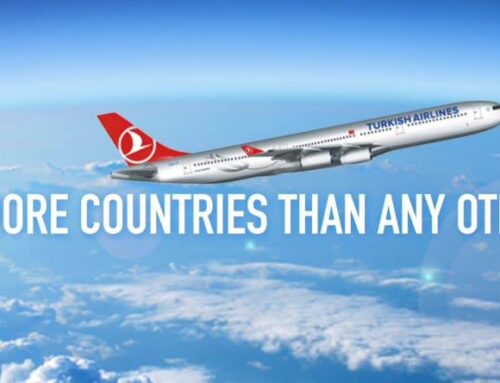
Germany is the largest trading partner of Macedonia, with a bilateral exchange of around €2.5 billion, featuring first class trade and a surplus on the Macedonian side. German companies assess Macedonia as a good place for investments, and according to investor’s feedback, 85% of the German companies operating in Macedonia would invest again in the country. Patrick Martens, Director of the Delegation of the German Industry and Commerce in Macedonia is satisfied with these results and sees even greater opportunities ahead.
European Times: Can you share some of the key facts and figures about your organisation’s work in Macedonia?
Patrick Martens: We have been present here for over 15 years, and now we are upgrading our volume of work due to the fact the Macedonian market is growing in importance and attracting a lot of German investments, especially in the manufacturing sector. Many German companies have outsourced parts of their production, and we have now come to the point where almost 20,000 jobs have been created here in Macedonia. We started with 15 companies 15 years ago, and now we have 150 companies.
European Times: How do you assist German investors to enter the market?
Patrick Martens: We create proposals to German companies that want to come here and extend their business. We give them tailor-made advice on the kind of projects which would be suitable for this market here. We will support more bilateral business activities by starting vocational training in Macedonia, to prepare the market for future stakeholders and partners because we want sustainable projects which depend on the participation of local partners.
European Times: Can you tell us something more about successful German business stories here? What would be your personal message to the readers of the European Times?
Patrick Martens: Out of the many companies here, it is hard to single out separate stories, but the automotive industry is the biggest part of these successes considering the size of the market and the trade volume. We have Draexlmaier from the car industry, which created over 5,000 jobs; there are others with three to four thousand employees such as Kromberg and Schubert. I would advise future investors to be open-minded and consider this part of Europe with its high potential and excellent logistical infrastructure. Setting up production or operations here benefits from the vicinity to ports, airports, railway, and a crucial European motorway. I am confident that many more companies will discover these benefits.




